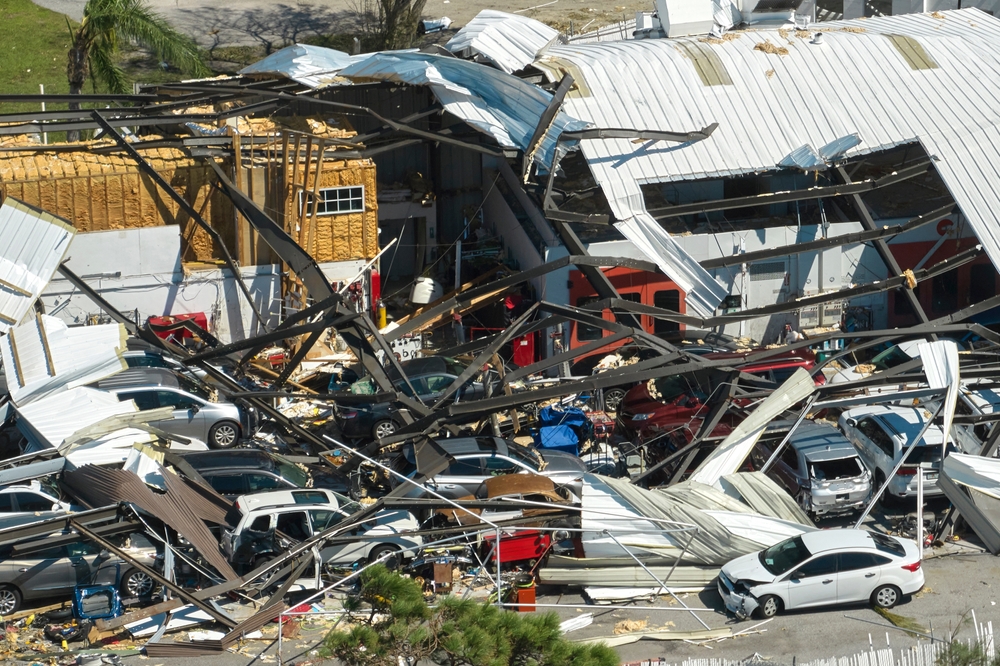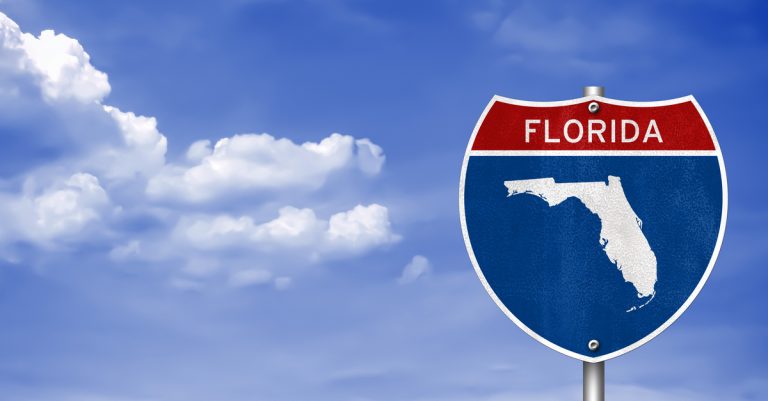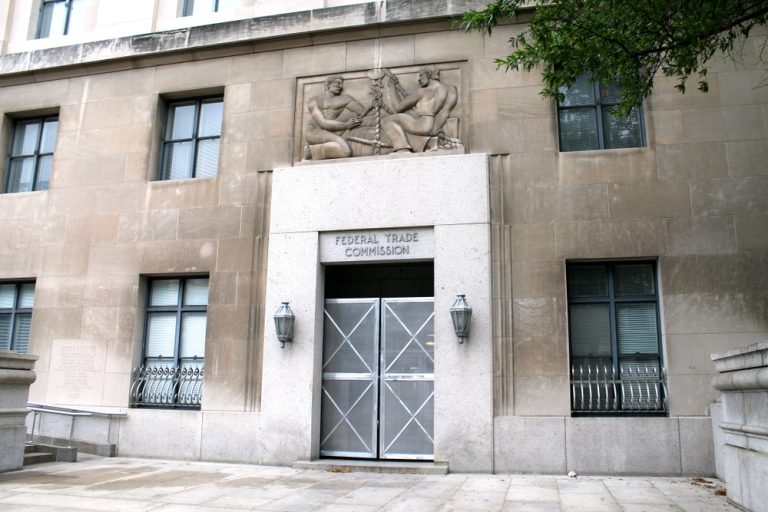Before Disaster Hits, Employers Must Assess Safety, Legal Risks
Before Disaster Hits, Employers Must Assess Safety, Legal Risks
As hurricanes come ashore in the Southeast, tornadoes spin throughout the Great Plains, and wildfires consume neighborhoods in the West, sometimes the only human-made aspect of life that survives is the law. Businesses in the path of these and other disasters should assess how to provide a safe and supportive workplace for employees.
Legal obligations can be complex as owners are busy dealing with their own personal issues and physical damage to their facilities, while employees and customers are busy attending to their own safety and recoveries.
Because natural disasters can’t be predicted with much notice, attorneys should help their business clients prepare long before warnings are issued. Here are five employment law-related issues that attorneys should address with their clients to help ensure they are ready for a disaster.
Safety
The Occupational Safety and Health Administration requires employers to maintain a safe workplace, even when facing natural disasters. Emergency action plans are essential, and they should anticipate regional threats. A plan should explain where employees will be during a disaster, when and how operations will close or reopen, and what safety protocols are in place for on-site or essential workers.
Clients will need help interpreting OSHA’s How to Plan for Workplace Emergencies and Evacuations document and the agency’s General Industry Occupational Safety and Health Standards. These include subparts on means of egress, hazardous material, personal protective equipment, general environmental controls, medical and first aid, fire protection, special industries, and toxic and hazardous substances.
Wage and Hour Compliance
Before a disaster hits and in the hours, days, and weeks following it, clients will also need to follow the Fair Labor Standards Act on how employees must be compensated in such situations.
Nonexempt employees must be paid for hours worked. If they’re sent home or unable to work, pay isn’t required—unless they’re at work but can’t perform duties, such as during a power outage. If telecommuting or working from home is provided as a reasonable accommodation, the employer must pay nonexempt workers at least the minimum wage and at least time and one half the regular rate of pay for overtime hours.
FLSA does not require employer-provided vacation time, but where an employer offers a bona fide vacation plan, the employer may require salaried employees to use accrued leave or vacation days during the disaster and recovery period as long as the employee still receives payment equal to the employee’s guaranteed salary.
If an employee does not have enough accrued time to cover the disaster-related absence, the employer must still pay the employee the full guaranteed compensation amount for them to remain exempt. Employers may not deduct from the predetermined compensation amount for absences occasioned by the office closure during a week in which the employee performs any work. However, employers are not required to pay exempt, salaried employees in weeks in which they perform no work.
Job Duties
Operating during a disaster or recovering from one may require employers to shift employees’ duties, and that is allowed for employees ages 18 and over. The Department of Labor (DOL) suggests employers consult bargaining unit representatives if they have a union contract. Employers may also want to consult their human resource teams if they anticipate assigning employees work outside of their job description during or after a disaster.
Private-sector employers who are short-staffed may seek to use volunteers to perform business tasks. In general, under the FLSA, covered, nonexempt workers working for private,
for-profit employers must be paid at least the minimum wage and cannot volunteer their services. Private, not-for-profit organizations or public agency employers may fall under certain exceptions and are encouraged to check the DOL rules governing the circumstances where volunteering in the public and private nonprofit sectors may be allowed.
If an employer brings on temporary employees from a staffing agency to supplement its workforce during staffing shortages, an employer may be jointly and severally liable for any unpaid wages if the employer is deemed a joint employer.
Requests for Leave
After the storm passes, many employees will deal with damaged homes, family needs, or personal trauma. While there’s no legal requirement to provide time off for personal repairs, clients will need counsel on how the Family and Medical Leave Act and the Americans with Disabilities Act may apply. FMLA covers serious health conditions (physical or mental) or caregiving responsibilities. ADA may require accommodations for mental health issues or long-term injuries, potentially including leave.
Lawyers can help clients ensure that human resources staff are trained to process these requests quickly and compassionately. They should assign backup contacts to maintain response continuity if someone on the team is unavailable.
Layoffs
A disruption of business due to a natural disaster may force clients to trim their staff, either temporarily or permanently. If so, employers will need help following federal laws that prohibit discrimination. Employers may not discriminate against an employee because they have requested or used FMLA or similar leave under state or local laws. The Worker Adjustment and Retraining Notification Act helps ensure advance notice in cases of qualified plant closings and mass layoffs.
With natural disasters occurring more frequently, companies would be wise to revisit their disaster plans to address employment-related issues and response planning to ensure they are well-prepared before any storm, fire, or tornado hits. Considering legal obligations is one step toward ensuring the safety of employees and managing the risk to the organization.
This article was reproduced with permission from Bloomberg Law. Published August 7, 2025. Copyright 2025 The Bureau of National Affairs, Inc. 800-372- 1033. For further use, please visit http://www.bna.com/copyright-permission-request/









